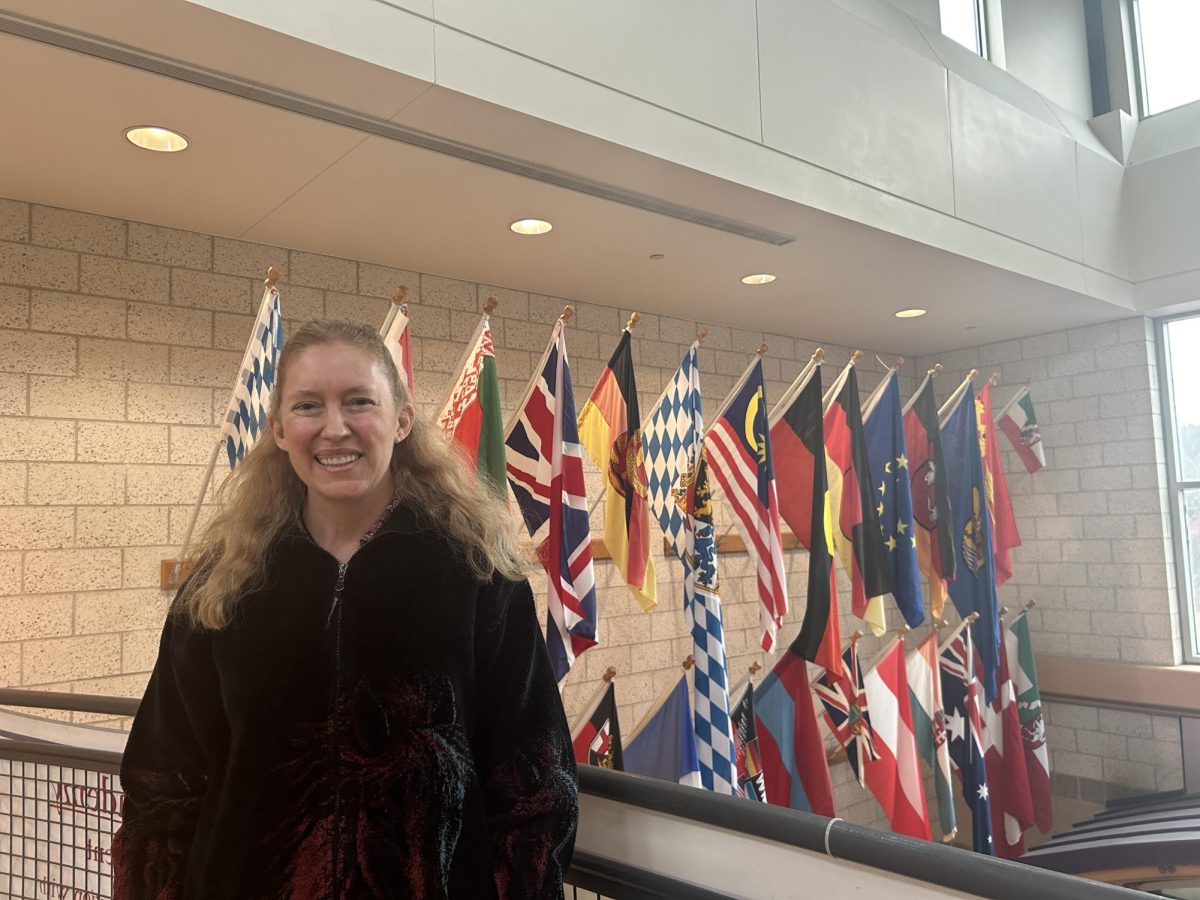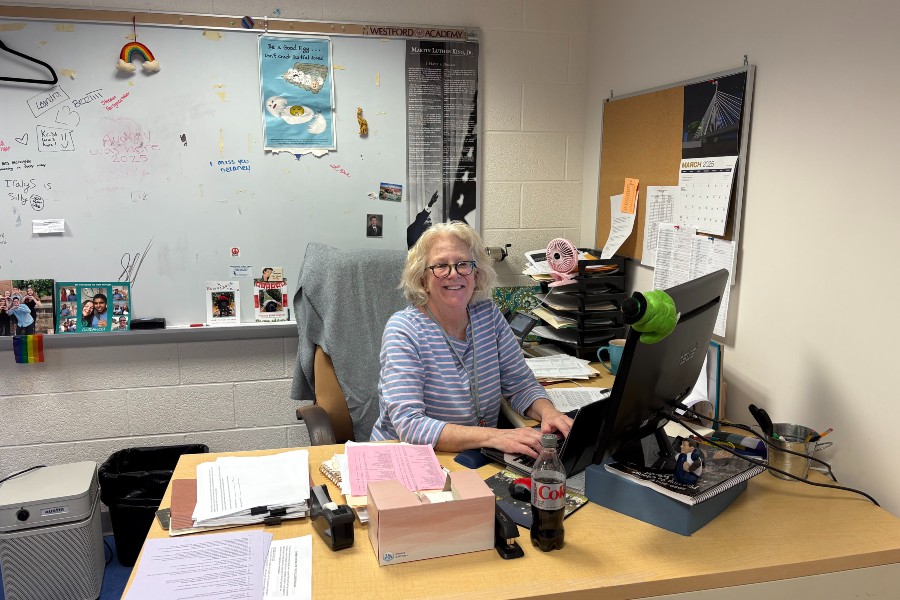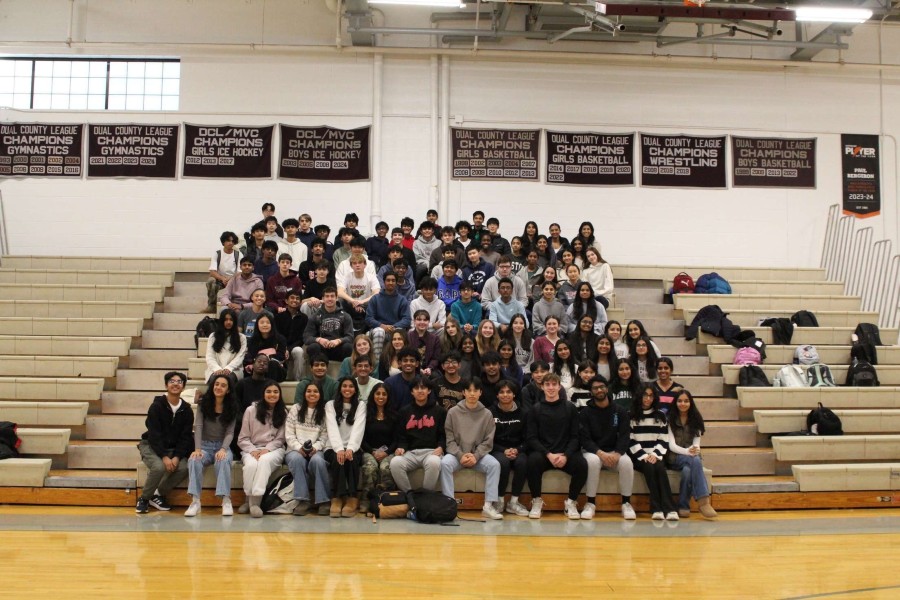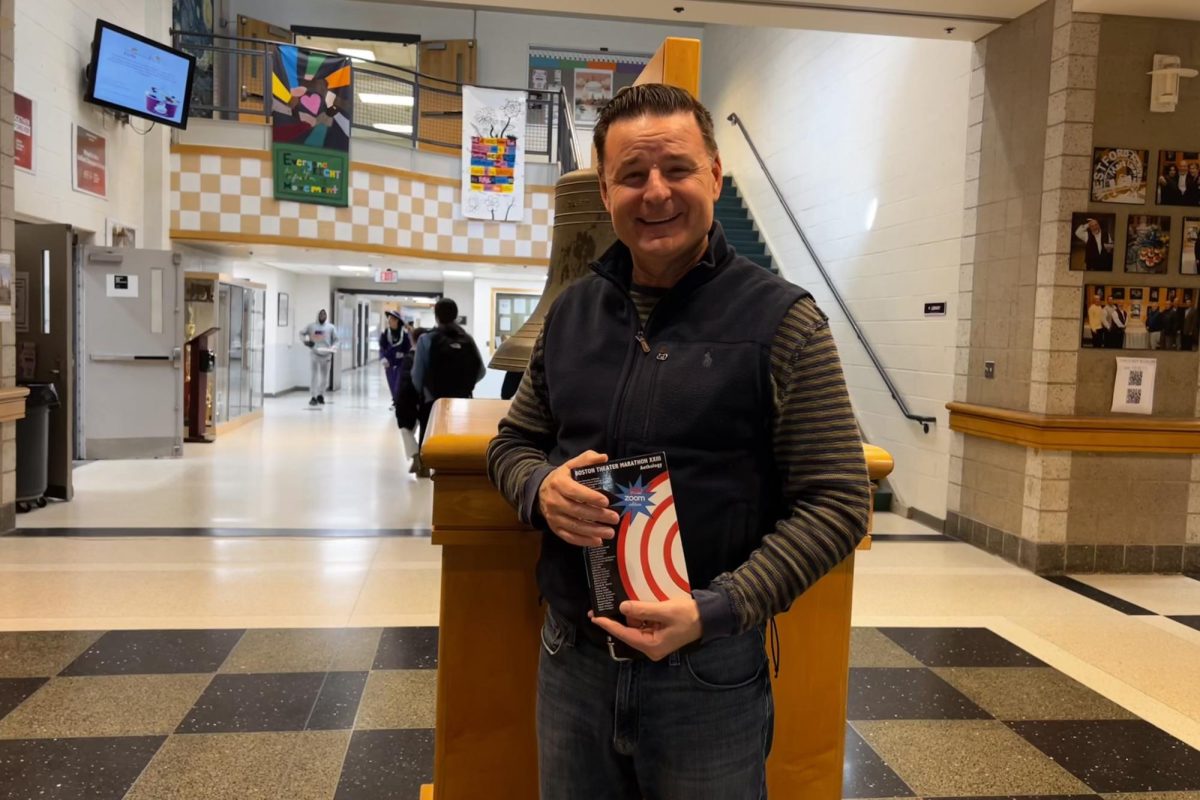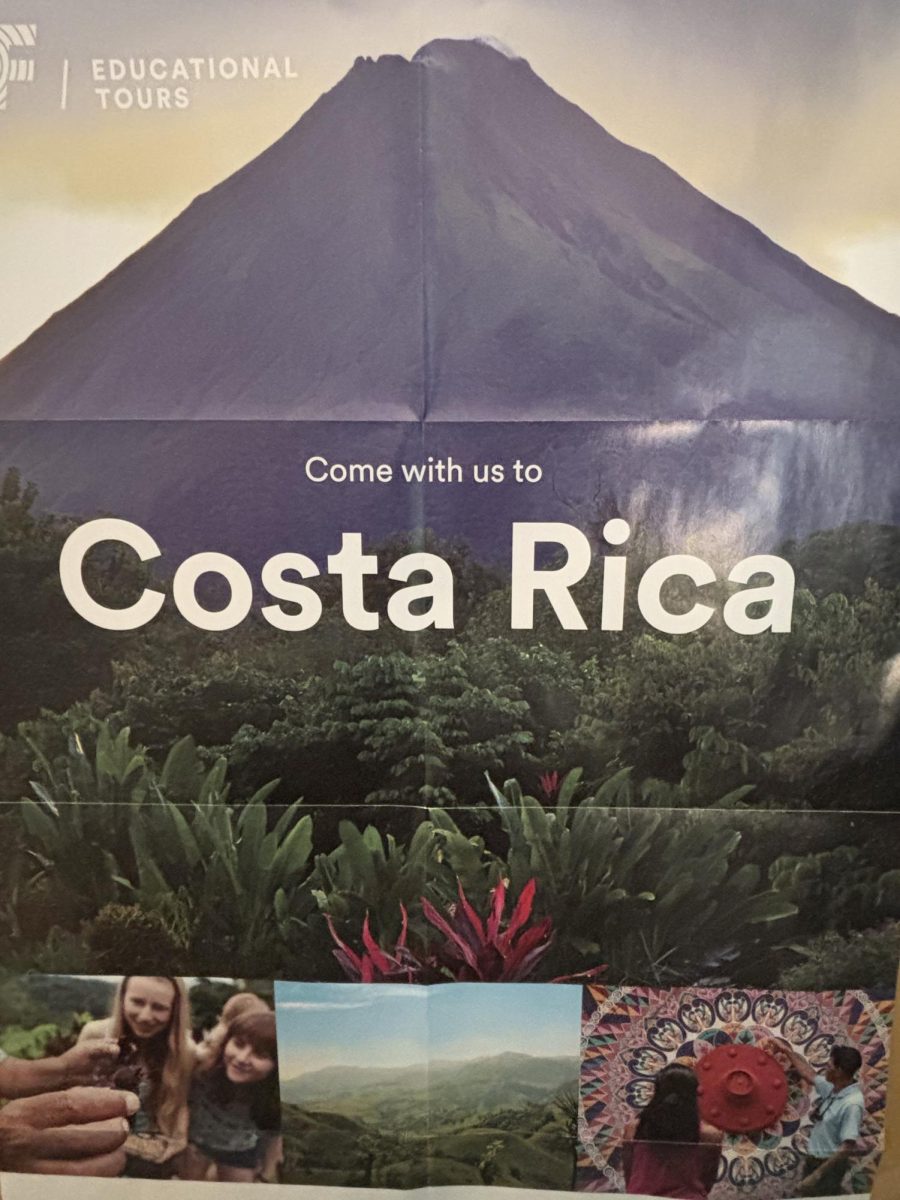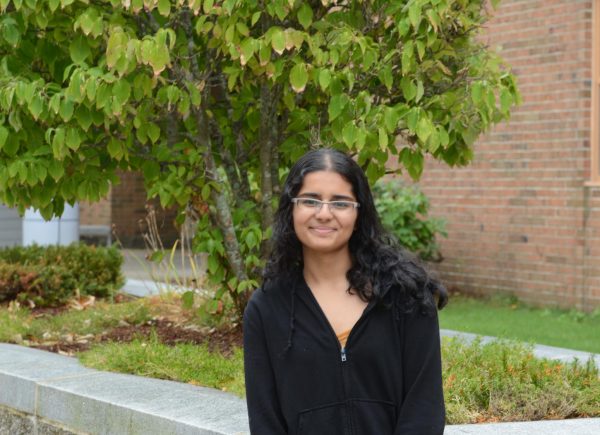Easily understanding the morning announcements. Catching everything during a teacher’s lesson. Making friends between classes. At first glance, these seem like simple occurrences—things most students at Westford Academy do without thinking twice. However, these moments share a common factor that many students are often able to take for granted: English fluency.
With the added layer of a language barrier, these tasks are not so effortless for everyone – a gap that WA’s newest service opportunity, the Mentoring Multilingual Learners program, plans to address. Coordinated by National Honor Society advisers Gil Fuhr and Kathleen Aylward, along with English Language Learner (ELL) teacher Michelle Wagner, the program aims to to help students who are new to WA and speak English as a second language adjust through connections with interested mentors.
“This is a very unique opportunity to take some students who have already formed strong roots in our community and then connect them to these students who are brand new to WA and oftentimes, to our state or the country,” Wagner said. “[…] It’s a way to form a bond with them and help them become more integrated into the school as a whole.”
This concept of a strong community fostering success is nothing new. In fact, according to Wagner, one of the main inspirations behind developing this kind of program came from the numerous studies that demonstrate the correlation between creating personal connections and finding academic success, especially for new students. In addition to welcoming students from new countries to her ELL class this year, Westford’s increasing diversity over the years has also made this idea all the more important to Wagner.
“You can imagine [how it feels] going to school in another country, learning a new language, trying to understand the culture and get to know the community, and it can be kind of isolating,” Wagner said. “[…] You may feel untethered, but once you start to join clubs and meet people with common interests, then all of a sudden, [you] start to feel like we’re all in it together and moving towards a common goal, and are more likely to [succeed].”
When it comes to forming connections between new students and mentors, the program has no strict requirements or schedule. Instead, it places emphasis on developing organic friendships and exposing students to new activities both in and out of WA.
After a student signs up to be a mentor, they can visit Wagner’s class of multilingual learners and are matched with students they have most chemistry with. Whether it be tutoring a new student in a particularly difficult subject, simply watching a movie together, or bonding over a shared hobby, Wagner works to seamlessly incorporate the mentorship in a way that is flexible and helpful for both partners.
According to junior Saachi Rao, who is currently the sole mentor, the program has felt just as fulfilling for her as it has been for her multilingual partners, even in its early stages.
“Even from my experience [moving], I’ve learned the importance of putting yourself out there and just being open to people helping you adjust,” Rao said. “But, it’s been really rewarding on the other side too, and I’ve learned a lot. Sometimes I just see them in the halls or the bus and we say hi, and, […] even with language barriers or [other challenges], it’s awesome to just share some smiles and have those little connections.”
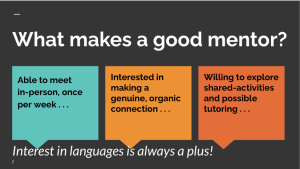
Currently, Wagner is in search of more volunteers to serve as mentors and encourages any interested students to reach out at mwagner@westfordk12.us.
“It’s really only as limited as the thoughts we can come up with,” Wagner said. “I’m looking for students who are self-starters, where they’re willing to step up and share their own life experiences and create a bond that could make a really tremendous difference in the experience of other students.”

